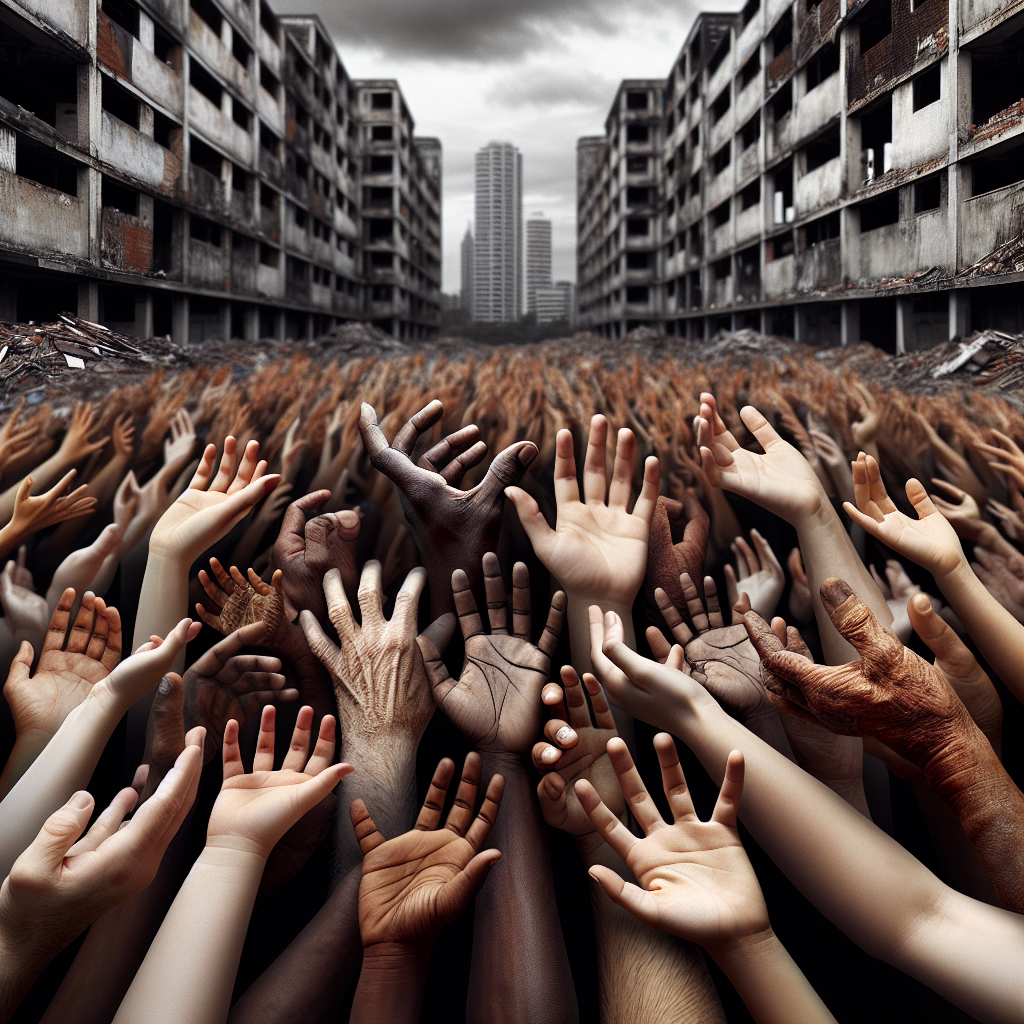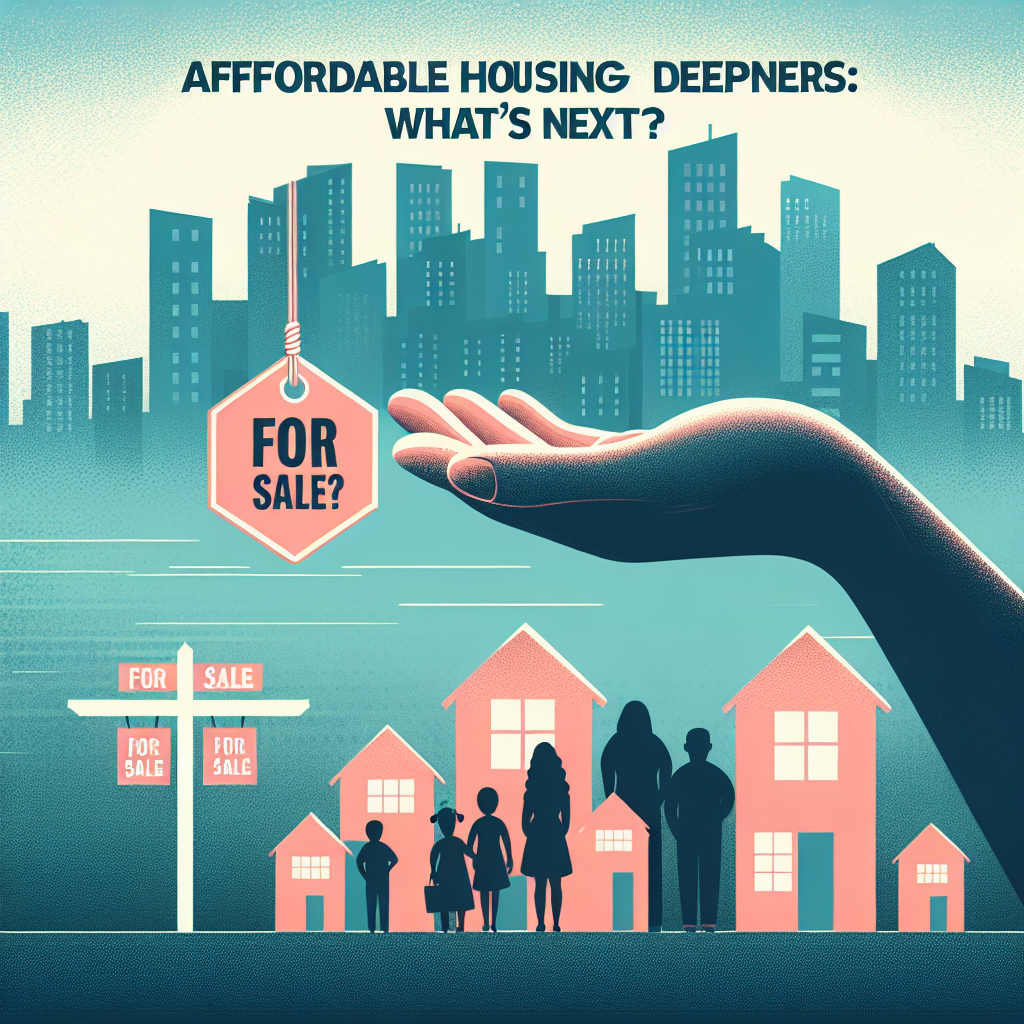In the vibrant mosaic of life — where joyous colors dance alongside disconcerting grays — one stark shade has been looming larger: black. The shadow cast is that of the formidable giant we have come to know as the affordable housing crisis.
The Issue at Hand
The untold story behind this menacing silhouette is not merely one of soaring real estate prices or dwindling incomes but also involves a spiritual dimension rarely addressed. Our faiths, be they Christian, Muslim, Hindu, Buddhist or any other, champion virtues like compassion and generosity; are we living up to those ideals through our response—or lack thereof—to the escalating affordability crisis?
My Position
As followers of these faiths and participants in these communities wrestling with an increasing shortage of affordable homes on unprecedented scales, it falls upon us to engage with this issue not only from an economic standpoint but also through introspective lenses provided by our religious compasses.

Supporting Evidence
‘The King will reply: Truly I tell you, whatever you did for one of the least among brothers and sisters of mine,you did for me.’—Matthew 25:40
This verse underlines a fundamental principle shared by many religions: helping those less fortunate equates to serving a higher purpose.
Counterarguments
‘Religion should stay out politics.’ ‘Faith has no place in economics.’ We’ve all heard such arguments before. But to refrain from taking a stand here is to ignore the very essence of our belief systems that command us towards empathy and righteousness.
Real-World Examples
In Seattle, faith communities have united in tackling this issue, creating affordable housing projects on church-owned lands. In Utah, Latter-day Saints Charities are working with nonprofit organizations to address homelessness.
Historical Precedents
The concept of religious institutions aiding societal issues is not alien; think back to medieval times when monasteries offered shelter to wayfarers. Why should today be any different?
I have witnessed people within my own faith community opening their homes and hearts for those struggling—this grassroots level action only emphasizes the need for larger-scale initiatives.
I propose congregations come together across faith lines, pooling resources and influence towards creating more affordable living arrangements—a call heeding both economical necessity as well spiritual directive.
To conclude, envision a future where each person can find shelter that respects their dignity without sacrificing either bread or beliefs. That may sound like an impossible dream now but isn’t it better than resigning ourselves to a worsening crisis?
In our final thoughts let us ponder upon these words: ‘Let your light shine before others so they may see your good deeds.’ (Matthew 5:16) Will we rise up and illuminate the path forward or succumb further into darkness?

